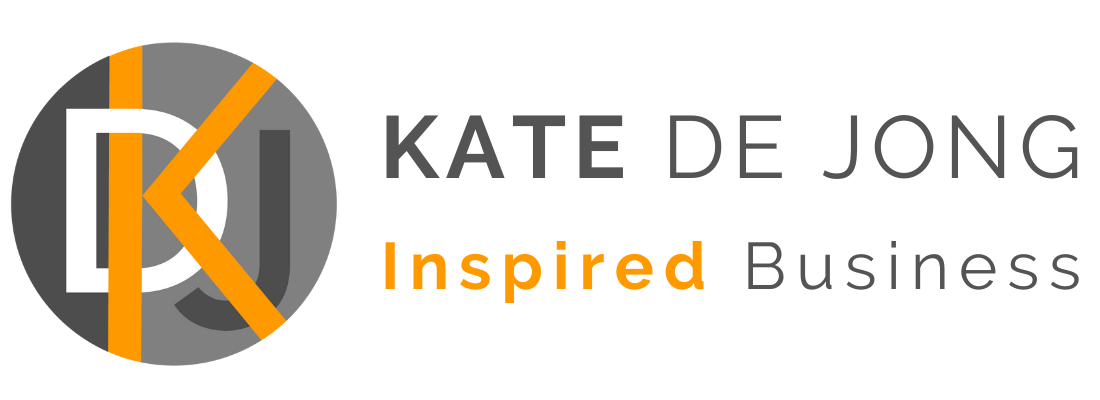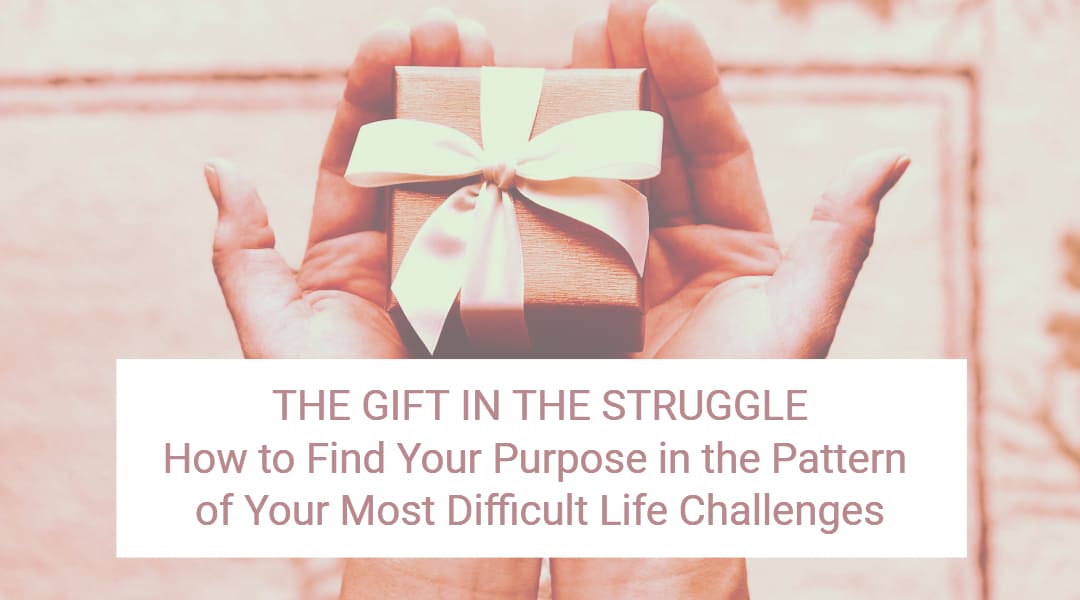 Are you still trying to find your purpose?
Are you still trying to find your purpose?
Try these powerful questions.
They may just give you the answers you need.
A few years back I learned about a powerful set of questions from the visionary thought leader Jeffrey van Dyk, a man who’s on a mission to help people change the world through purposeful business and entrepreneurship.
His questions felt like the missing piece that I’d been seeking to really help people find their inspired path and purpose.
Those of you who know my work will already know that I believe there are four main pieces to discovering your purpose as shown below.

I have in-depth techniques to help people get reconnected to their authentic personality, their strengths (‘proficiency’), and to how they can make money. But I was missing a powerful technique to help people uncover their passion.
I’d tried the usual questions like “What breaks your heart the most?” and “If you could dedicate yourself to one cause in this lifetime, what would it be?” Questions like that can usually give a good indication of what someone is passionate about. But I didn’t yet have a technique that could help people drill down into the specifics of their particular passion, and how that relates to their purpose.
Until I discovered Jeffrey’s questions.
His questions are a powerful way to either confirm that you’re on the right path or to help you get clearer on the specific mission that feel called to serve.
Jeffrey’s approach requires you to look at the ’emotional wounds’ that you’ve suffered over the course of your life so far. This may seem like a strange place to start looking for your passion. But it just happens to be the approach that brings the most powerful insight to people in the search for their unique purpose.
The big underlying assumption – which I believe is the magic key – is this:
[mashtweet tweet=”The one thing that you have struggled with the most in your life is the one thing that you’re most qualified – and most passionate about – giving back to people through your work. It’s your purpose.” text=”” username=”katiedejong3rd”]
The other underlying assumption is that if you’re someone who feels as though you have a specific ‘calling’ to fulfill, it means that you care about your contribution to the world. You’re not just concerned about money or status or image. You feel as though there must be some way that you can contribute your unique gifts and talents in a way that is meaningful and impactful, and allows you to make a positive difference.
When you discover the specific pattern running through all of your life’s ‘wounds’, it’s enlightening and empowering. Because most often this is the one thing that you want to help other people with. You feel passionate about preventing other people from experiencing the same pain or struggle that you went through.
In order to understand Jeffrey’s approach, we first need to understand the answer to the question:
What is an ’emotional wound’?
We’ve all been wounded in some way over the course of our lifetimes, despite the good intentions of our parents or caregivers who tried to protect and nurture us. You may have experienced an acute wound (in the form of the death of a sibling or loved one for example, or physical or emotional abuse) or an experiential wound that was not intended by anyone to cause pain, but nevertheless caused you emotional pain, and caused you to take on certain behaviours to protect yourself into the future.
[mashtweet tweet=”As painful as these wounds were (and still are for many of us), you can choose to view these wounds as sacred because in some way they changed who you are at a core level. They taught you valuable lessons and forced you to develop certain positive qualities. And they contain the seeds of your unique purpose.” text=”” username=”katiedejong3rd”]

Allow me to introduce you to Jeffrey’s process.
Follow these steps in order to uncover your specific purpose.
- Write down the top 5-10 emotional wounds you experienced as a child/teenager.
This could be anything from “My best friend moved to another town” or “My Dad never wanted to see me” or “A mean boy at school called me names” – or anything at all that stands out in your memory as causing some kind of pain to you as a child. - Write down the top 5-10 wounds that you experienced during your adult years.
Remember, these could be acute experiences (a painful event) or long-standing patterns (e.g. “No one understood me”, or “I never belonged anywhere”). - Reflect on all the wounds you’ve written down.
You might begin to notice that there’s a predominant theme running through them. Not all wounds will fall under this theme, but many will. Try to see if you can find one thread that links the majority of the wounds together. - Once you’ve identified a theme running through the emotional wounds, answer the following questions.
6 Questions to Help You Uncover Your Unique Purpose.
1. What happened? – What happened to you that made you feel so sad or wounded? Was there a common theme in these experiences?
2. How did you feel? – How did these experiences make you feel? Try to find the words to describe it.
3. What did you crave? – In those moments when you felt so wounded, what was it that you craved to be given? Or how did you crave to be treated?
4. What did you do? – How did you start behaving to try to give yourself the things that you were craving?
5. How did you develop as a result? – How did those experiences change you and what kind of person did you become as a result?
6. How might your answers to these questions relate to your unique path and purpose?
To help you along, here are the answers to my questions that helped me get closer to understanding my purposeful path.
Here’s how I found my professional ‘purpose’ in the pattern of my life struggles.
1. WHAT HAPPENED?
I felt pressured to walk a professional path that didn’t feel authentic for me – Engineering. I loved writing, languages, and the humanities and I knew that those were my natural gifts. But I felt very pressured to excel in technical subjects because the people in my environment only valued those subjects. As I entered University I felt I had to follow a technical, academic path in order to be loved and approved of as a person.
I ended up spending almost 15 years in a career that wasn’t aligned with my strengths, personality or passion – I was miserable. I felt empty, unfulfilled and spent many years feeling lost and off-track. My health and relationships suffered severely as a result.
 2. HOW DID I FEEL?
2. HOW DID I FEEL?
I felt pressured, trapped, stressed, and anxious when I was younger. I didn’t enjoy learning all the difficult technical subjects at school and University, they were a struggle for me. Success in these areas required hard work and sacrifice.
I had to ignore the whispers in my heart that kept telling me I wanted to pursue languages, literature, and journalism. During my professional years as a corporate consulting engineer, I felt inauthentic, misaligned and as though my true personality and strengths were suppressed.
I felt like no one could see the real me and no one heard me. I didn’t feel loved or valued for who I am – my authentic self – at my core. I felt disconnected from my truth and my essence.
3. WHAT DID I CRAVE?
I craved approval and permission to be who I am. I craved to be loved, seen and heard as my true, authentic self. I longed to follow my heart and pursue things that make me come alive and allow me to unleash my natural talents in service to others. I craved fun, freedom, abundance and full creative expression.
4. WHAT DID I DO?
In order to fulfil my longing to be seen, valued, and loved, I embarked on a lifetime of over-achieving to gain the approval I desperately wanted. I became something that in my heart I knew was not me.
5. HOW DID I DEVELOP?

I became a wonderful actor, pretending to have it all together and to be living a successful life. Sometimes I even fooled myself. I over-achieved at the expense of my health and relationships. I believed life was a struggle and meant to be difficult.
I neglected myself and my needs, I self-abandoned, all to try to be something I am not. This had disastrous effects on my emotional and physical well-being and my relationships suffered terribly too.
Eventually, I was brought to my knees and I was forced to realise that no-one was benefiting from me living an inauthentic life. I needed to give up the false pretences, let go of everything that felt misaligned and instead tune into my heart to follow my true desires.
When I gave myself permission to do this, everything changed.
6. HOW DOES THIS RELATE TO MY PROFESSIONAL PATH AND PURPOSE?
I feel called to help people find their truth and to find a way make a positive difference doing work they love. I help people to find work that allows them to express their true selves fully.
I love helping each person to feel seen, heard and appreciated for the unique person they are, and to help them bring their whole self into the career and into the workplace.
[mashtweet tweet=”I help people to let go of everything they’re not and embrace everything that they are, personally and professionally.” text=”” username=”katiedejong3rd”]
Do you get the idea? Do you see how you can answer these questions and discover how they relate to your purpose?
I hope so.
If you’d like help identifying your purpose, get your FREE copy of my E-Book Pathfinding: How to Find Your Inspired Path & Purpose and learn all the tips and strategies you need to finally make a difference doing work you love!

Did you like this article? You might also like these related articles:
The Art of Purposeful Living: How to Live and Work in Alignment with Your Personal Truth
Pathfinding: How to Find the Work that’s Perfect for You
Are you Ready for the Emerging Purpose Economy?
In service to helping you live your brightest life,
Kate De Jong
Fempire Coach for Thriving Female Entrepreneurs
[email protected]
www.katedejong.com


 Are you still trying to find your purpose?
Are you still trying to find your purpose? Kate De Jong is a business and marketing strategist for start-ups and small business owners who want to grow their business with ease. Kate is a bestselling author and a Chief Executive Women award-winner for women in leadership. Formerly a consulting engineer for more than fifteen years, Kate left her engineering career in 2012 to pursue her passion and zone of genius—entrepreneurship and marketing — and has never looked back!
Kate De Jong is a business and marketing strategist for start-ups and small business owners who want to grow their business with ease. Kate is a bestselling author and a Chief Executive Women award-winner for women in leadership. Formerly a consulting engineer for more than fifteen years, Kate left her engineering career in 2012 to pursue her passion and zone of genius—entrepreneurship and marketing — and has never looked back!
You are such a powerful woman and agent of change, with loving support for others to live by their inner truth. I love you.
Aw thank you so much Amanda. I love you too x